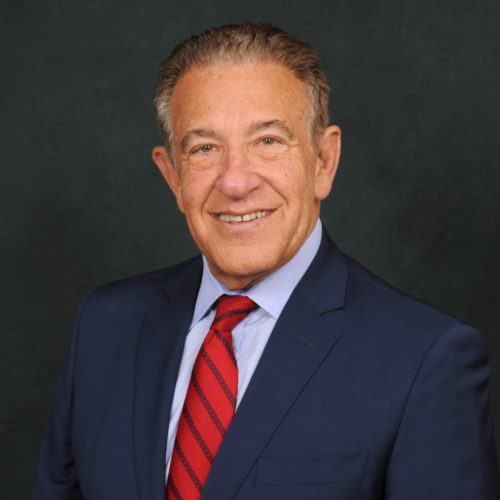Featuring Barry A. Hendin, MD
Question: What types of speech problems may be caused by MS and what can be done to improve these issues?
Answer: The most common speech problem in multiple sclerosis is termed, “dysarthria.” Dysarthria is a difficulty with the mechanics of speech and often produces a slurring or a decreased enunciation of speech. This can be caused by a variety of MS brain lesions, including lesions in the cerebellum and in the brainstem or in the bilateral motor tracks. Among other functions, these areas of the brain all help to control muscle coordination, including the ability to form words.
Dysarthria is different from “aphasia” (also referred to as “dysphasia”), which occurs in other neurological disorders such as stroke. People with aphasia have trouble with the conceptualization and understanding of speech and not the mechanics of speech. They may not be able to convey the necessary words, even though the mechanics are normal. And they may not be able to fully understand what other people are saying to them.
Many of my patients also complain of word-finding difficulties due to the longer processing speed, which often occurs in multiple sclerosis. This isn’t a true aphasia, but rather a delay in the recall of the necessary word.
Speech therapy can often be quite helpful in correcting or improving speech difficulties. Like so many of the issues that occur with MS, therapy can be helpful in reducing symptoms and improving quality of life.
MSAA’s Ask the Expert series received a Silver Award from the 24th Annual Digital Health Awards!
Barry A. Hendin, MD, is a neurologist and Director of the Arizona Integrated Neurology MS Center. He is also the Director of the Multiple Sclerosis Clinic at Banner University Medical Center and a Clinical Professor of Neurology at the University of Arizona Medical School.


